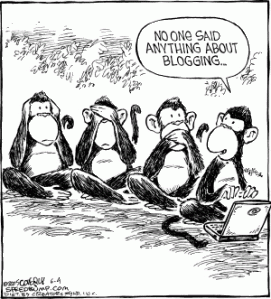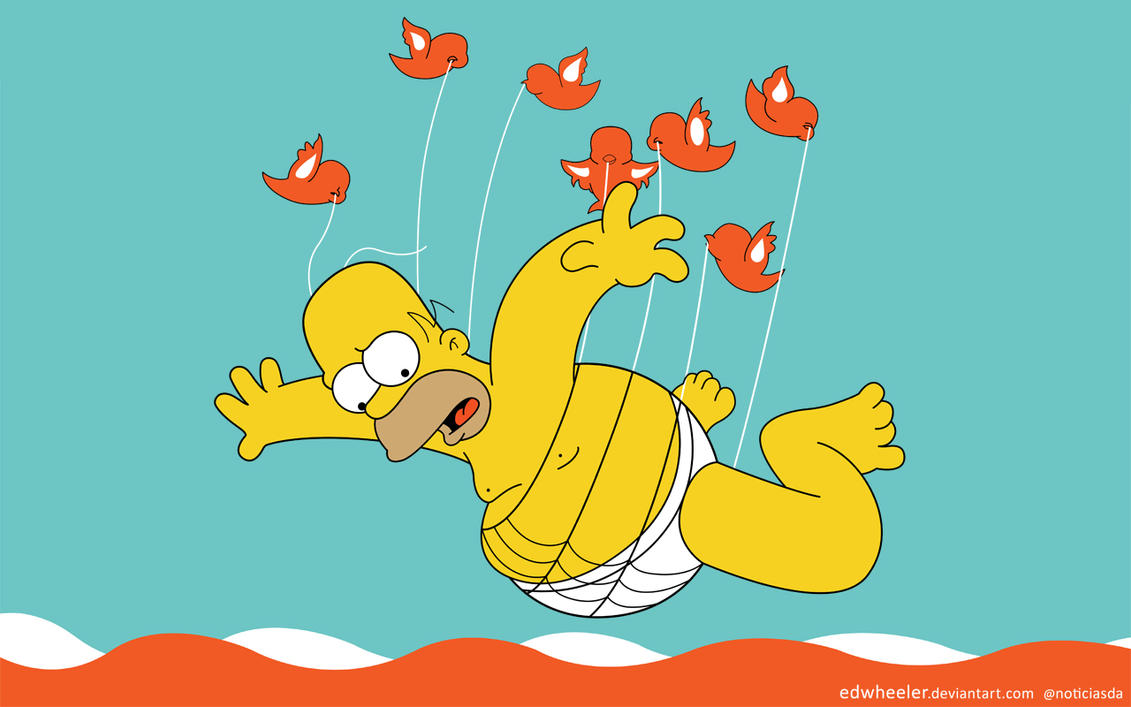 |
| Credit: Cynicald |
Do you reach for your smart phone as soon as you wake up? Take it into the bathroom with you? Do you absolutely need to know what’s happening on Facebook, Twitter, and on email ALL the time? Are you starting to feel overwhelmed because you’re constantly connected?
Or maybe you’re just tired. Between Facebook, Twitter, and email (and those are just the big ones), it can be hard to keep up—and since they’re all on your phone, you can be connected … anywhere and anytime! We’re constantly plugged in and it can be exhausting.
With an app for everything, and games to match, there is little opportunity to switch off. We’re being primed to fill every second of the day with an activity. And there’s pressure to be connected. For example, have you ever sent an email and gotten impatient when it took more than five minutes to get a response? It’s somewhat expected that people are plugged into email today, no? Or do you take note about who responded to your witty Facebook or Twitter update? Emily Yoffe who writes the popular Dear Prudence chats and columns has received questions about how to handle Facebook non-invites and other digital slights, which suggests that we are definitely tuned in to digital sociality.
But more than digitally induced social anxieties, the attention demanded by our devices and networks may have serious cognitive consequences. In August, the New York Times ran an article that stated though we may be turning to our digital devices as a means to relax, we may in fact be increasing mental fatigue. The article cited a study from the University of California, San Francisco that reported rats are only able to process information gained from exploratory activities only after they had a chance to take a break from those activities and distance themselves. The researchers believe that learning in humans may work in much the same way: new ideas and understanding become part of our cognitive map only after we’ve had a chance to process the patterns to which we were exposed.
In addition, the ability to concentrate may be compromised—it may take longer to complete tasks as you check for assorted network updates throughout the day. Relationships may suffer also when partners and companions neglect face time in favor of digital updates.
Is It Time for a Break?
 |
| Credit: Ed Wheeler, Deviant Art |
If you’re feeling overwhelmed, you aren’t alone: a growing number of people are scheduling social media vacations. Like staycations, social media vacations can happen right in your own home—all that’s required is that you leave your assorted digital devices alone. No email. No Facebook. No Twitter. That means no one gets to know that Mike brought tuna for lunch again or that you like Sandy’s new shoes or that you had a scary taxi ride.
Ask yourself the following questions:
- Do you sleep with your phone near your bed, and wake to respond to messages if it goes off?
- Do you check your networks as soon as you wake up?
- Have you been reprimanded at work for social media activity?
- Do you find yourself unable to complete a task without checking for network updates?
- Are family and friends annoyed that they have to compete for your attention?
- Do you find that you’re learning about major events in the lives of family and friends more frequently than via personal contact?
- Do you feel that you’ll miss something important if you’re offline?
If you've answered yes to a majority of those questions, or honestly, if you're simply starting to feel worn out at the prospect of logging into another application, it might be a break—particularly if your participation in these activities has negatively impacted work or relationships.
The Outcomes
The Outcomes
Earlier this year, Dave Slusher of The Evil Genius Chronicles announced he was taking a social media break. For a month. He would continue to update his blog once a day, but would refrain from reviewing Facebook statuses and adding to the Twitter noise. At the end of a month, he found that he rather valued the moments of silence that he was able to reclaim. And his decision was that he would resume his digital activities in moderation:
To use Twitter anywhere like the intended pattern involves a twitchiness and jangliness, like the shakes you get after your 7th cup of coffee. Either you are scanning it over and over manually, or you have something that notifies and interrupts you when messages occur. Either way involves Twitter taking your attention at frequent intervals, and usually for ephemera.
I admit that on the occasion I’ve been traveling, I’ve generally limited my digital presence. On returning to the digital scene, I’ve generally been overwhelmed at how much has transpired in my absence. Social and digital media moves at a tremendous speed, and in truth there is little chance that even without the break, I would be up-to-speed all the time. My downtime is important to me, but I won’t deny that the urge to play DinerDash during my commute is appealing. As is the urge to check Twitter while I’m waiting in line for lunch.
Have you ever taken or are you considering a social media vacation? What influenced your decision? And if you’ve done it, what was the result?

No comments:
Post a Comment